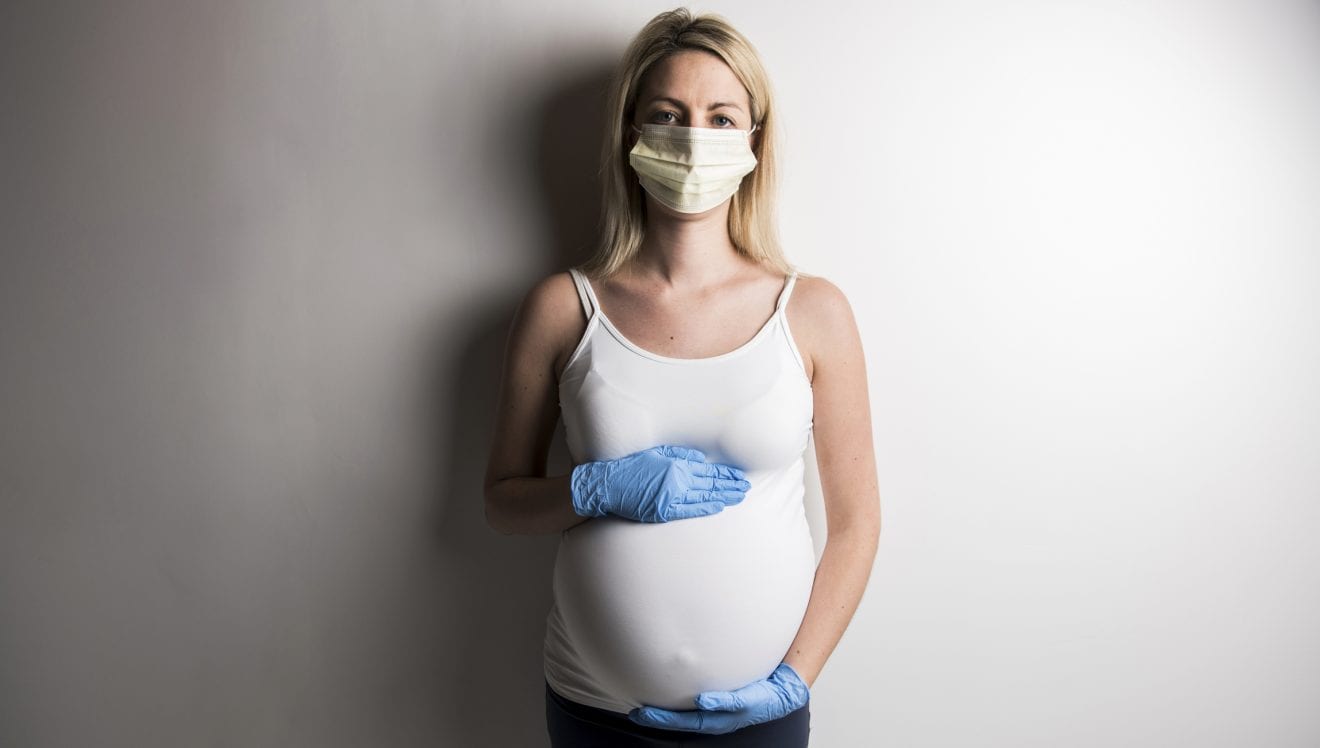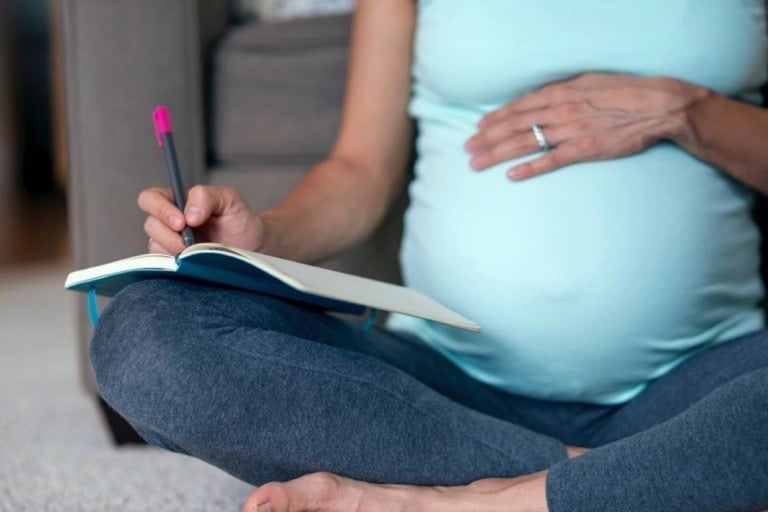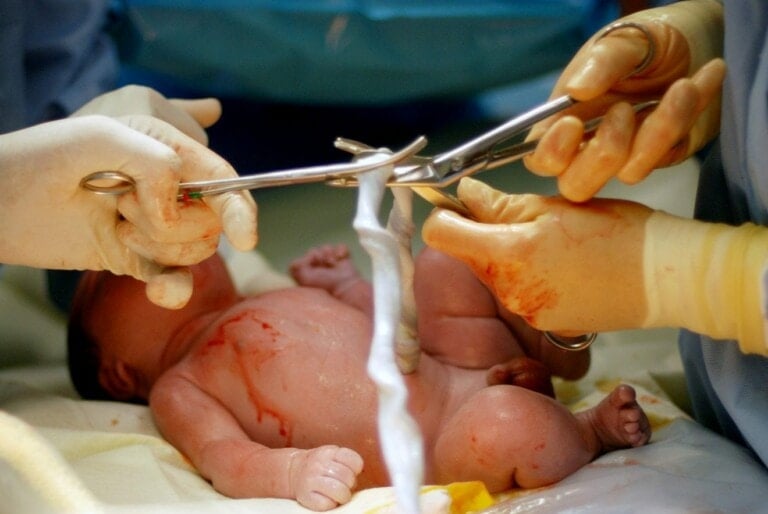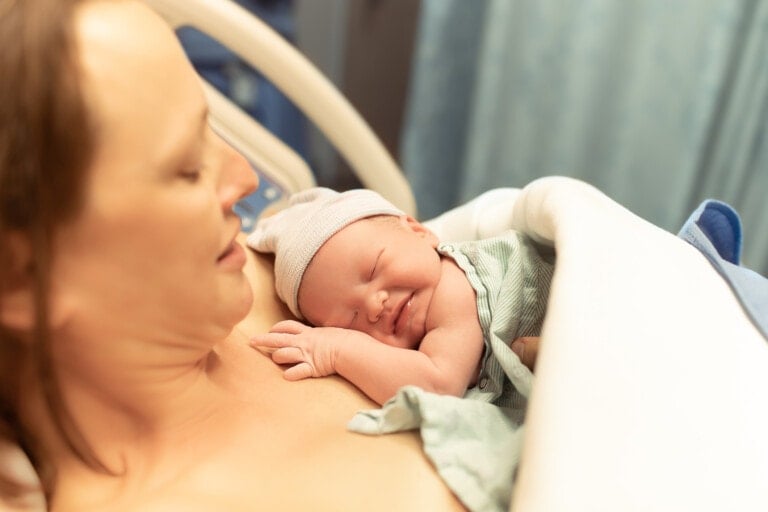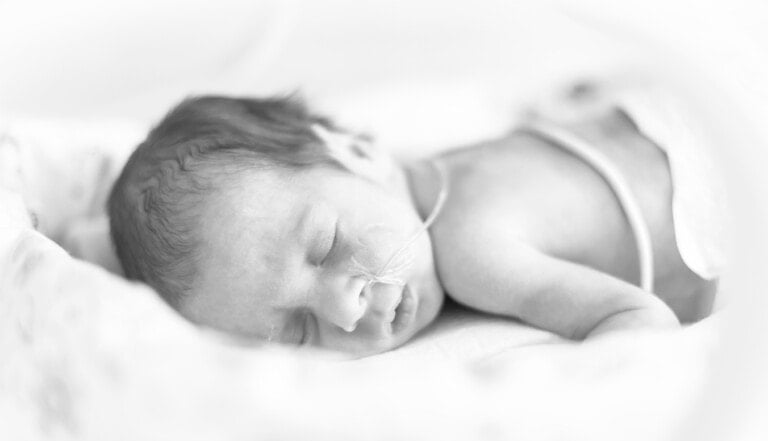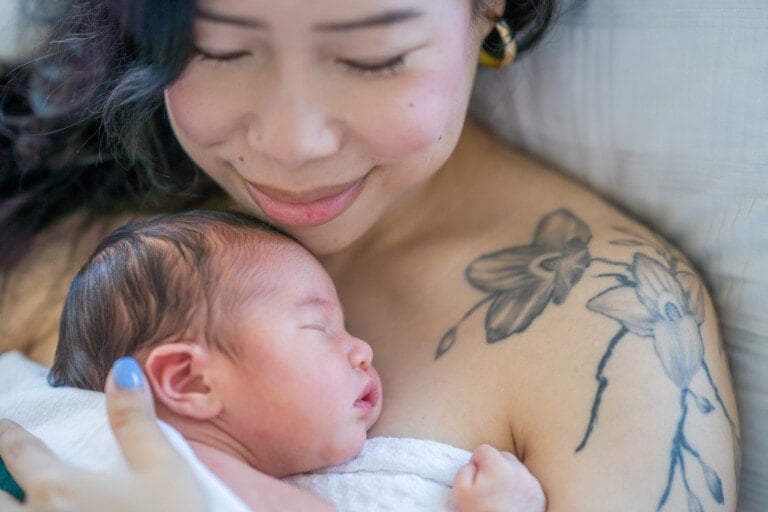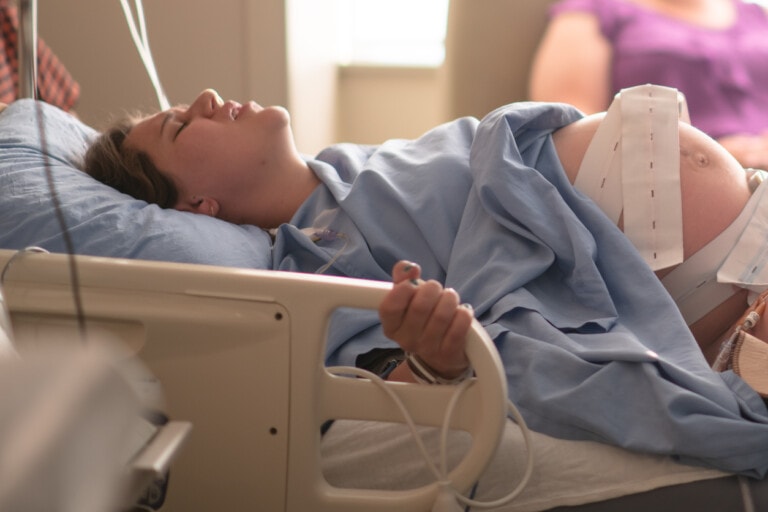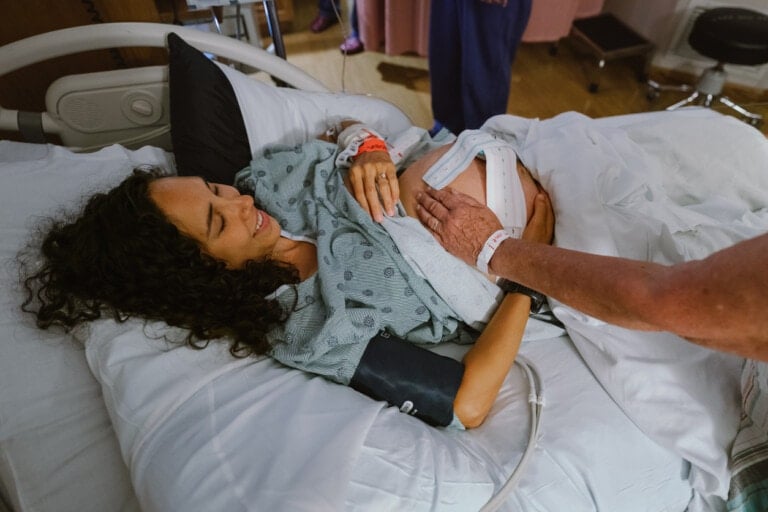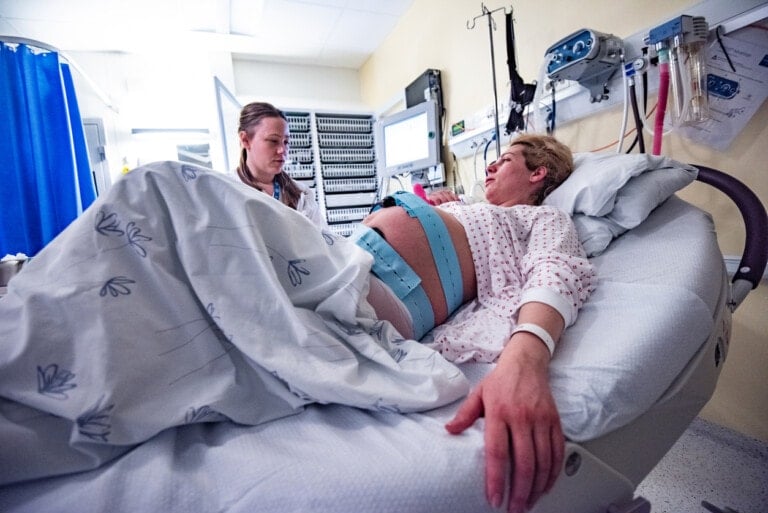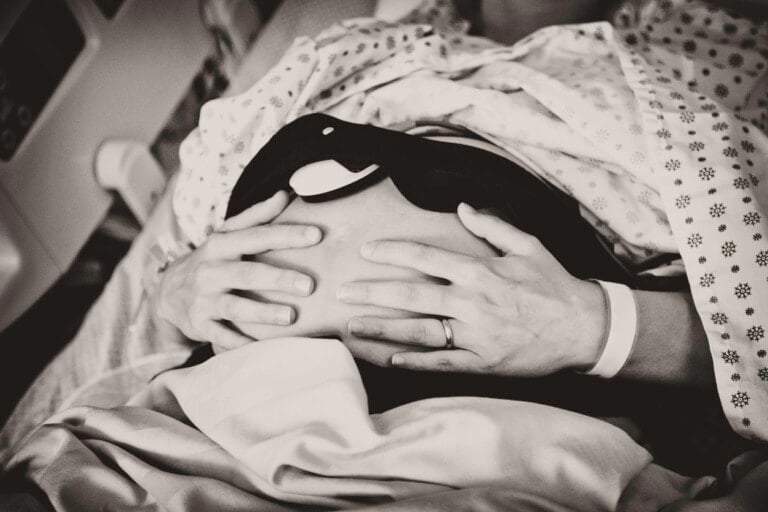Are you currently pregnant and approaching your due date? We know that the current Coronavirus pandemic has left many expecting mothers worried about what to expect during their labor and delivery and how to protect themselves and their babies. Many clients have come to us for reassurance and guidance, so we are here to share everything you need to know about preparing for your baby’s birth during COVID-19.
How to Prepare for Birth During the COVID-19 Pandemic
1. Self-quarantine for 2-3 weeks before your due date.
Hospitals have mandatory COVID testing for both mom and partner to check if they are Coronavirus positive. To avoid being separated from baby after birth and avoid inadvertently exposing anyone else during labor and delivery, self-quarantine for 2-3 weeks before your due date and up to your delivery. This means no grocery runs, running errands, or seeing friends or family members who do not reside in your house. Please stay home.
2. Learn your birthing place’s policies and stay up-to-date.
Hospital policies are changing frequently. Most hospitals are not allowing doulas or extra support people but are allowing partners (or one support person) with you. Many hospitals require expecting mothers and their support person to wear a mask during the entire labor, delivery, and hospital stay. Most also have a policy where the support person cannot come and go during labor and the hospital stay, not even for food. (Cafeteria food is provided in this instance.) This is why we recommend bringing a cooler with refreshments and food so you can both have the nourishment you prefer and remain comfortable.
Something else we urge you to do is talk with your partner/ birth support person about the possibility of them not being by your side during birth, just in case. Thankfully, the World Health Organization states, “All pregnant women, including those with confirmed or suspected COVID-19 infections, have the right to high-quality care before, during, and after childbirth that includes having a companion of choice present during delivery.” 1 But it should still be discussed if something comes up.
A safe and positive childbirth experience includes:1
- Being treated with respect and dignity;
- Having a companion of choice present during delivery;
- Clear communication by maternity staff;
- Appropriate pain relief strategies;
- Mobility in labor where possible, and birth position of choice.
Even most birth centers limit the number of visitors or support people allowed. Consider creative ways that friends and family members can still celebrate and support you during this special time. Many use video conferencing technology on Skype, Zoom, Google Hangouts, or FaceTime. Home birth practices also urge you to think critically about who really needs to be present with you during your baby’s birth.
Related article: Tips for Partners During Labor and Delivery
3. Gather the resources you’ll need for labor support.
We highly recommend hiring a virtual doula while giving birth during COVID-19 or at least having someone to call with questions during labor. It’s always good to have knowledgeable support throughout pregnancy, early labor at home, at the hospital, and immediately postpartum. And if that’s not in the cards for you, be sure to practice relaxation techniques and position changes with your support person before labor. The more you practice, the better prepared you will be and the more likely you will use those tools during labor. A great idea is to make a cheat sheet for your support person!
4. Wear a mask and limit the number of things you touch when arriving at the hospital.
The hospital is doing its best to keep things sanitized, but it’s still a good idea to protect yourself by wearing a mask and avoiding touching your face when entering the hospital. During your arrival, have your support person open the doors, push the elevator buttons, and do anything else that usually has a lot of foot traffic. Also, wash your hands or use hand sanitizer to clean your hands between contracts to give yourself some extra peace of mind.
5. Consider ways to cut down on time spent in the hospital.
You may not be sure when to go to the hospital for labor, but giving birth during COVID-19 is not the time to go in early. Labor at home well into active labor. Limit your time in the hospital as much as possible and request to be discharged early. Many doctors are discharging at 12 hours after a normal, low-risk vaginal delivery.
6. Make a plan for your older children.
If you have older children, we know you already had to think of a plan for your kids when you go into labor. But now, whoever you have asked to watch your children–a friend, family member, neighbor, or sibling doula–have them self-quarantine leading up to the birth so they can be healthy and available to watch your older children during your labor and hospital stay.
7. Have a support system in place for after birth.
Your support system will look slightly different now, but you can still have help! Ask your loved ones to drop off food at your house, and maybe designate an errand runner for your family willing to get any last-minute items you need and drop them off. That could also be paid service if you don’t have anyone to run errands for you. And if you have older children, consider making a plan for child care for them during the postpartum period.
If you don’t have friends or family members that live close by, find professionals (such as lactation consultants, postpartum doulas, family therapists, etc.) who can provide you with the virtual support you need.
8. Consider spreading out or delaying follow-up visits.
Talk to your provider and baby’s pediatrician about options for telemedicine or delayed appointments.
9. Stay positive!
This is still your pregnancy, labor, birth, and postpartum. It is still sacred and special and can be a joy-filled time even if it doesn’t look how you thought it might. Stay positive and focused on meeting your baby. Shift your mindset to being thankful for the extra time you may have with your nuclear family.
Those are our tips for preparing for birth during COVID-19. To any mothers out there who have given birth recently, are there any tips you would add to our list?













